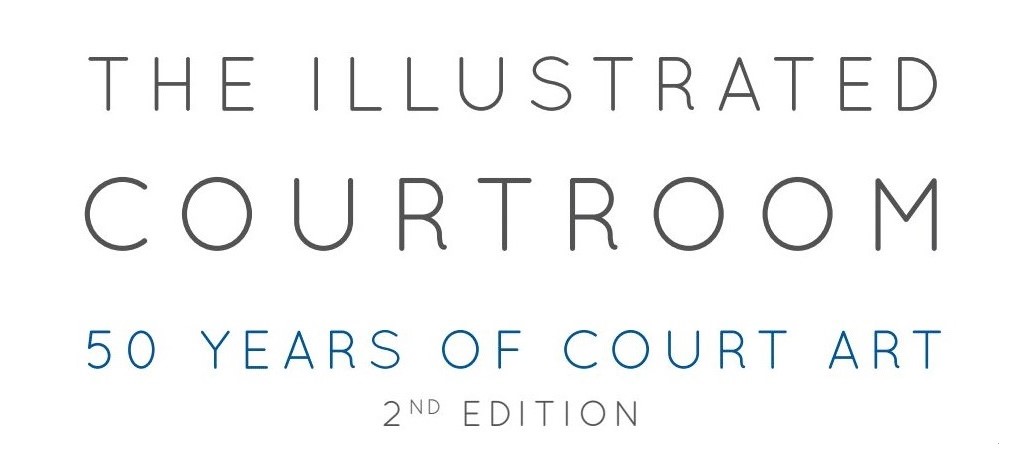In Iranian Funds Case, Justices Ponder Extent Of Congressional Influence: NPR
LINK
http://www.npr.org/2016/01/13/462950424/supreme-court-divided-over-iranian-terrorism-compensation-case
The litigants in the U.S. Supreme Court Wednesday were a remarkable bunch: On one side, the Central Bank of Iran. On the other, the victims of Iran-sponsored terrorist attacks going back three decades.
The constitutional question: Whether Congress — in dealing with both — had infringed on the independence of the judiciary.
 |
Inside the Supreme Court chamber, the debate was not about whether Iran should pay, but whether Congress had unconstitutionally infringed on the judiciary's job by directing the outcome of particular cases, even listing the docket numbers of those cases in the legislation.
Lawyer Jeffrey Lamken — representing Bank Markazi, the Central Bank of Iran — said it didn't matter whether there was one case or 19: Congress had violated the Constitution by enacting a statute for one set of plaintiffs.
Justice Antonin Scalia asked: "Where do you get the notion that Congress can only act by generality? It acts all the time on individual matters."
Lamken insisted that this law is unique, contending that never before in the nation's history has Congress passed such a statute.
Congress crossed the line here, Lamken asserted, because there is a single defendant, the Central Bank of Iran.
|
 |
Chief Justice Roberts replied caustically: "You're saying Congress has to be cute about it." They can't say that Smith wins his case in Smith v. Jones, but they can change the law to make sure Smith wins.
Justice Breyer, borrowing some of the Chief Justice's language, observed with a small smile that "Congress has 4,000 ways of being cute, and I can't quite see this court trying to police those ways."
|



No comments:
Post a Comment